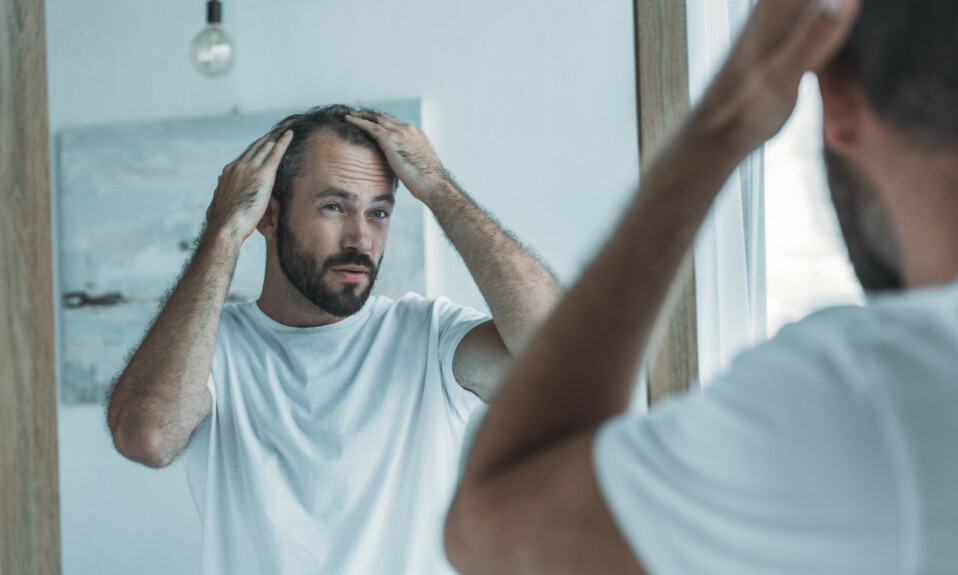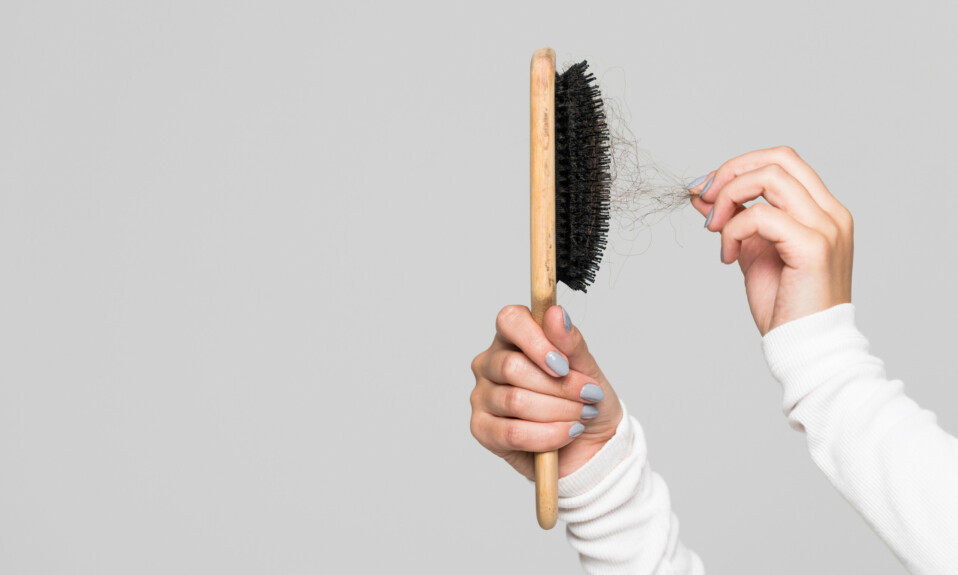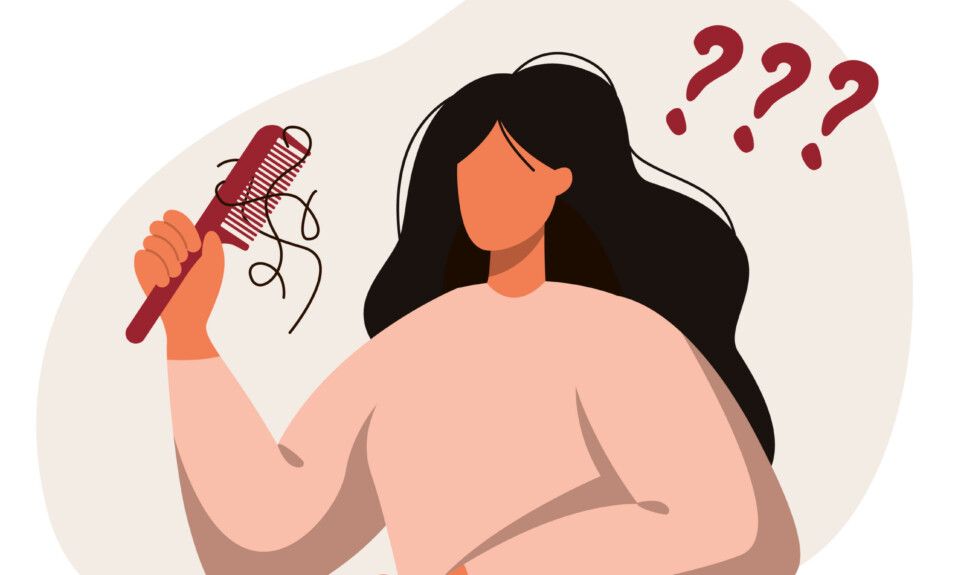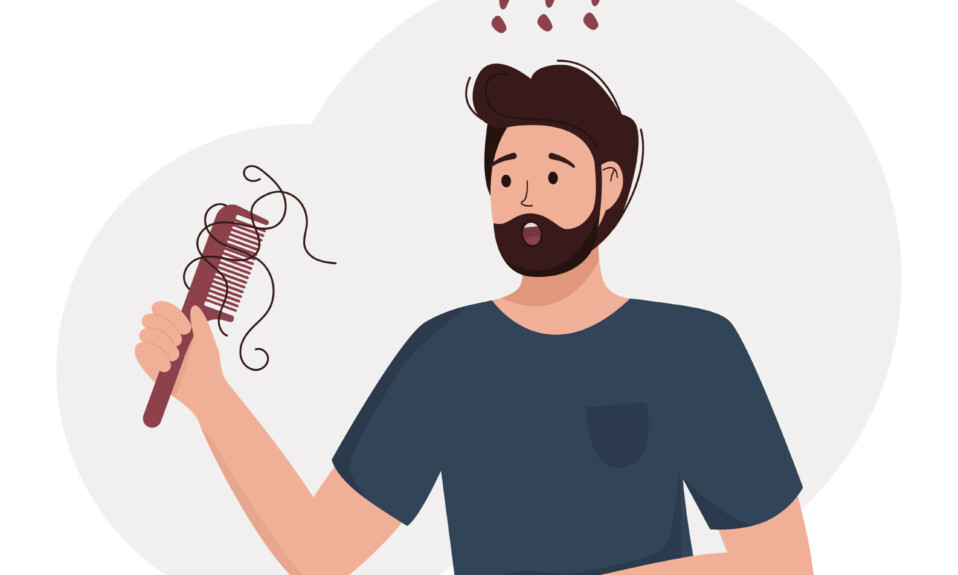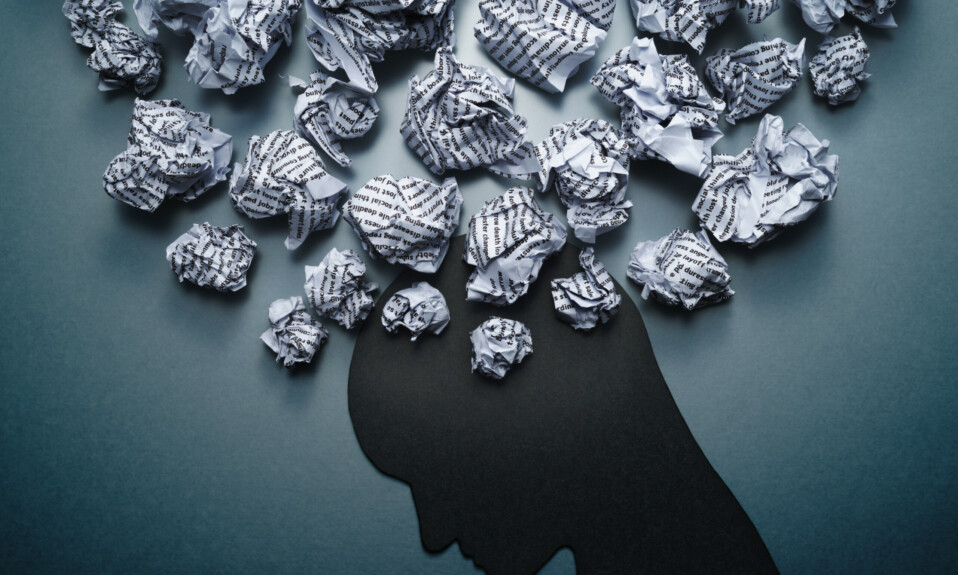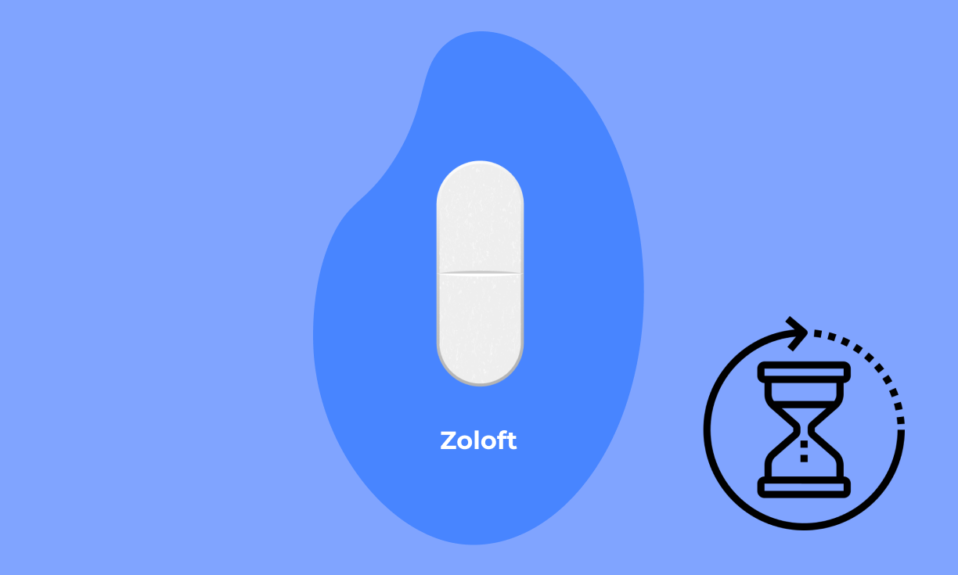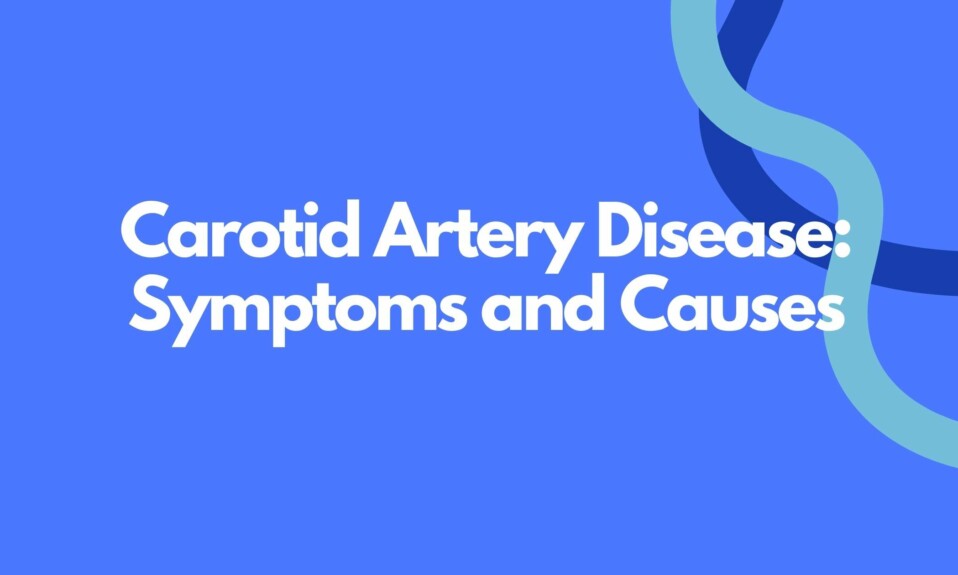Table of Contents Hide
- Introduction
- Forms of Hair Loss
- Vitamin D
- Vitamin B2
- Vitamin B12
- Vitamin B9
- Vitamin B7
- Vitamin C
- Vitamin E
- Conclusion
- Frequently Asked Questions
- How much vitamin B12 should I take daily for hair growth?
- Does hair loss from vitamin deficiency grow back?
- Is Biotin the same as B12?
- Which B vitamin is best for hair growth and thinning?
- What vitamin makes your hair thicker?
- What pills are good for hair growth?
- What helps female thinning hair?
- How much biotin should I take daily for hair growth?
- Can hair grow back after thinning?
- References
Introduction
Hair loss affects over 80 million Americans. By the age of 35, two-thirds of men will experience some form of hair loss. And 40% of Americans who experience hair loss are women.
Both micronutrients and macronutrients in diets and dietary supplements play an important role in maintaining hair structure and promoting hair growth. Nutrient deficiencies, particularly the ones directly related to hair growth, are involved in the onset of hair loss. Nutritional deficiencies are associated with different forms of hair loss, such as telogen effluvium, androgenetic alopecia, alopecia areata, and female pattern hair loss.
In this article, we discuss the different forms of hair loss and explore how vitamin deficiencies can impact the loss of hair.
Forms of Hair Loss
Hair loss, also called alopecia, is a disorder caused by an interruption in the body’s cycle of hair production. Hair loss can occur anywhere on the body, but most commonly affects the scalp. On average, the scalp has 100,000 hairs that cycle through periods of growing, resting, falling out, and regenerating.
Androgenetic Alopecia
Androgenetic alopecia is the most common type of hair loss, affecting more than 50 million men and 30 million women in the United States. Commonly known as male pattern hair loss or female pattern hair loss, androgenetic alopecia is hereditary
Telogen Effluvium
Telogen effluvium occurs when large numbers of follicles on the scalp enter the resting phase of the hair growth cycle, called telogen, but the next growth phase doesn’t begin. This causes hair to fall out all over the scalp without new hair growth.
Telogen effluvium does not generally lead to complete baldness, although hair may appear thin due to a lack of growth of new hair.
Thyroid imbalance, childbirth, surgery, or a fever, can typically trigger this type of hair loss. Telogen effluvium may also occur as a result of a vitamin or mineral deficiency.
Anagen Effluvium
Anagen effluvium is rapid hair loss resulting from medical treatment, such as chemotherapy. These potent and fast-acting medications, in addition to killing cancer cells, may also shut down hair follicle production on the scalp.
Alopecia Areata
Alopecia areata is an autoimmune condition, in which the body’s immune system attacks healthy tissues, including the hair follicles. This condition can affect adults and children, and hair loss can begin suddenly and without warning.
Tinea Capitis
Tinea capitis, also called scalp ringworm, is a fungal infection of the scalp that’s a common cause of hair loss in children. This condition causes hair to fall out in patches, sometimes circular, leading to bald spots that may get bigger over time.
Cicatricial Alopecia
Cicatricial alopecia, also known as scarring alopecia, is a rare type of hair loss in which inflammation destroys hair follicles and causes scar tissue to form in their place. After scar tissue forms, hair doesn’t regrow.
Check out other articles on hair loss and related conditions
Some of these hair loss types are hereditary or may have other underlying causes that are difficult to influence. However, a few of these conditions could be caused or made worse by a lack of micronutrient deficiency.
Let’s take a look at several different vitamins and how they may impact hair loss.
Vitamin D
Vitamin D is involved in calcium homeostasis, bone mineralization, renal clearance of calcium and phosphate, and innate and adaptive immunity. Vitamin D also promotes the expression of antimicrobial peptides that include defensin and cathelicidin.
The vitamin D receptor is responsible for the actions of vitamin D. This receptor is expressed in lymphocytes, keratinocytes, and dendritic cells. Vitamin D receptors are also expressed in two cell populations present in the hair follicle – mesodermal dermal papilla cells and epidermal keratinocytes. Vitamin D acts on the vitamin D receptor to regulate the normal hair growth cycle and keratinocyte differentiation.
Owing to its immunomodulatory effects, vitamin D deficiency leads to the onset of alopecia areata, which has underlying autoimmune mechanisms. The levels of serum vitamin D levels are inversely associated with the severity, duration, and the number of bald patches on the alopecia areata.
The topical application of vitamin D in such patients tends to improve hair growth with the simultaneous restoration of the expression of vitamin D receptors in the hair follicle cells. Individuals suffering from female pattern hair loss also demonstrate low serum vitamin D levels.
Vitamin B2
Vitamin B2, or riboflavin, is a water-soluble vitamin that plays a pivotal role in metabolizing proteins, fats, and carbohydrates. The vitamin also functions as an antioxidant to maintain the optimal function of hair, skin, and immune system.
Vitamin B2 deficiency occurs in association with endocrine abnormalities and dietary insufficiency. Riboflavin is integral to the maintenance of sufficient levels of collagen, which is a protein found in skin and hair. Therefore, riboflavin maintains the normal structure of the hair shaft. The deficiency of vitamin B2 in the body affects the structure of the hair shaft. Reduced antioxidant activity associated with vitamin B2 deficiency makes the hair follicle susceptible to oxidative damage, resulting in hair loss.
Vitamin B12
Vitamin B12 is known as 5-deoxyadenosylcobalamin and methylcobalamin. Vitamin B12 serves as a cofactor for the enzyme methionine synthase, which is involved in the production of proteins, DNA, and RNA. The role of vitamin B12 in the production of nucleic acids (DNA and RNA) is crucial for the highly proliferating hair follicles.
Vitamin B12 plays an important role in the onset of telogen effluvium and alopecia areata. Vitamin B12 deficiency is also associated with reduced pigmentation leading to graying or whitening of the hair shafts. This also indicates that restoring normal levels of B12 in the blood may help modulate hair loss, given that other essential vitamins are in the normal range.
Vitamin B9
Vitamin B9 commonly referred to as folate, is also integral to the structure and function of hair. Vitamin B9 plays an important role in the production of nucleic acids and the proliferation of hair follicles. There is an increased prevalence of low levels of serum folate in association with alopecia areata and telogen effluvium.
Vitamin B12 is also related to the reduction in the hair pigment with subsequent graying or whitening of hair. Normal levels of serum folate rebuild the hair follicle cells, regulate the function of sebum glands, and prevent graying of hair.
Vitamin B7
Individuals suffering from hair loss tend to exhibit lower levels of vitamin B7 or biotin in the body. Biotin is involved in the production of fatty acids, gluconeogenesis, and catabolism of branched-chain amino acids, maintaining healthy skin and hair. Since the body’s microbiome is responsible for the production of biotin, the deficiency of biotin is a rare occurrence. Biotin deficiency arises when there are congenital errors in the metabolism of biotin. Hair loss or alopecia is a significant manifestation of biotin deficiency in the body.
Vitamin C
Vitamin C or ascorbic acid also plays an important role in the onset of hair loss. The direct action of vitamin C is associated with its antioxidant properties.
Vitamin C provides protection against free radical damage and also mediates the synthesis of collagen fibers via hydroxylation of proline and lysine. One shall note that vitamin C deficiency is not directly associated with the onset of hair loss. Rather, vitamin C mediates these effects in relation to iron deficiency.
Vitamin C facilitates the intestinal absorption of iron, the deficiency of which is common in hair loss conditions. Restoring adequate levels of vitamin C help absorb adequate levels of iron which in turn stimulates hair growth.
Vitamin E
Increased oxidative stress is linked to the onset of alopecia. Vitamin E exhibits antioxidant activity that protects against oxidative stress induced by exposure to ozone and ultraviolet radiation.
In the case of vitamin E deficiency, the hair follicles are susceptible to oxidative damage, which leads to hair thinning and hair loss. Vitamin E or tocotrienol supplementation in the affected individuals promotes increased hair growth and alleviates oxidative damage to the scalp.
Conclusion
Minerals and vitamins play a vital role in the maintenance of hair structure and growth. Deficiencies of these micronutrients lead to thinning, graying, whitening, and/or shedding of hair. Deficiencies of vitamin C, E, D, B2, B12. B7 and B9 are involved in hair loss. Restoring the levels of these vitamins facilitates the reduction in hair loss and improvement in hair growth.
Frequently Asked Questions
How much vitamin B12 should I take daily for hair growth?
The recommended daily dosage for dietary vitamin B12 supplements is 2.4 micrograms. To see results for hair growth, it is recommended to supplement with 3 mcg or more of B12 per day.
Does hair loss from vitamin deficiency grow back?
Yes. The effects of malnutrition on your hair are reversible. Once the deficiencies are corrected, your hair will grow back as you regain nutritional stability, which may take 6 months or more.
Is Biotin the same as B12?
No. Biotin is Vitamin B7. The other B vitamins are Thiamine (B1), Riboflavin (B2), Niacin (B3), Pantothenic Acid (B5), Pyridoxine (B6), Folate/Folic acid (B9), and Cobalamin (B12).
Which B vitamin is best for hair growth and thinning?
One of the most popular vitamins for hair growth is vitamin B7 called biotin. Biotin is involved in maintaining healthy skin and hair. However, only those who are deficient in biotin see the best results from supplementation.
What vitamin makes your hair thicker?
Vitamin C is one of the vitamins for thicker fuller hair. It is critical for the body’s production of collagen, which is an essential ingredient in the hair structure.
What pills are good for hair growth?
Finasteride (Propecia) is a prescription drug for men. Many men taking finasteride experience a slowing of hair loss and may even experience new hair growth.
What helps female thinning hair?
Minoxidil (Rogaine) is approved by the FDA for female pattern hair loss. It can slow or even stop hair loss in most women. Some women may experience hair growth with it. The benefits go away when you stop using it.
How much biotin should I take daily for hair growth?
The Food and Drug Administration (FDA) does not have a daily recommended dietary allowance for biotin. However, an intake of 30 mcg may be adequate.
Can hair grow back after thinning?
In some cases, yes. It depends on what caused the thining in the first place. Individuals who experience thinning hair due to temporary conditions like stress, nutritional deficiencies, stress, etc. can experience regrowth when those conditions are addressed.
References
- https://www.ncbi.nlm.nih.gov/pmc/articles/PMC5315033/
- https://www.ncbi.nlm.nih.gov/pmc/articles/PMC5751255/
- https://www.ncbi.nlm.nih.gov/books/NBK470460/
- https://www.ncbi.nlm.nih.gov/pmc/articles/PMC6380979/
- https://jag.journalagent.com/ijmb/pdfs/IJMB-75047-ORIGINAL_INVESTIGATION-YORULMAZ_ERTUG.pdf
- https://www.ncbi.nlm.nih.gov/pmc/articles/PMC5596642/
- https://www.ncbi.nlm.nih.gov/pmc/articles/PMC4828511/
- https://www.ncbi.nlm.nih.gov/pmc/articles/PMC5685931/
- https://www.ncbi.nlm.nih.gov/pmc/articles/PMC4989391/
- https://www.ncbi.nlm.nih.gov/pmc/articles/PMC3819075/


